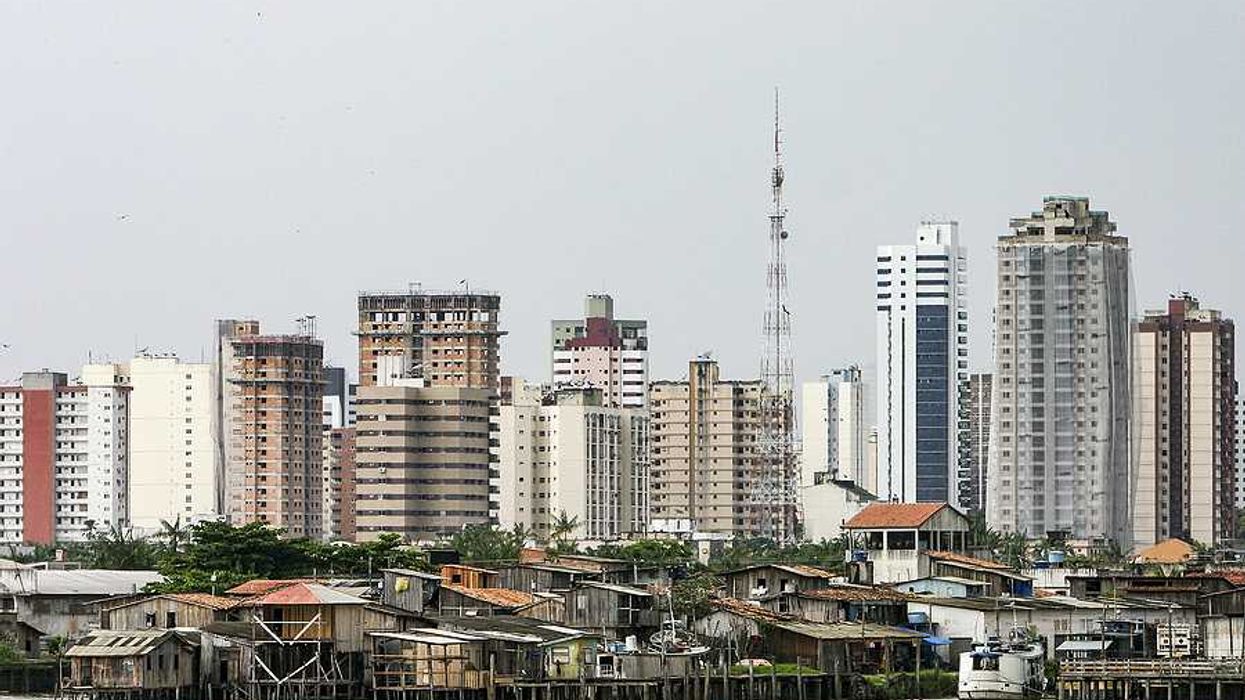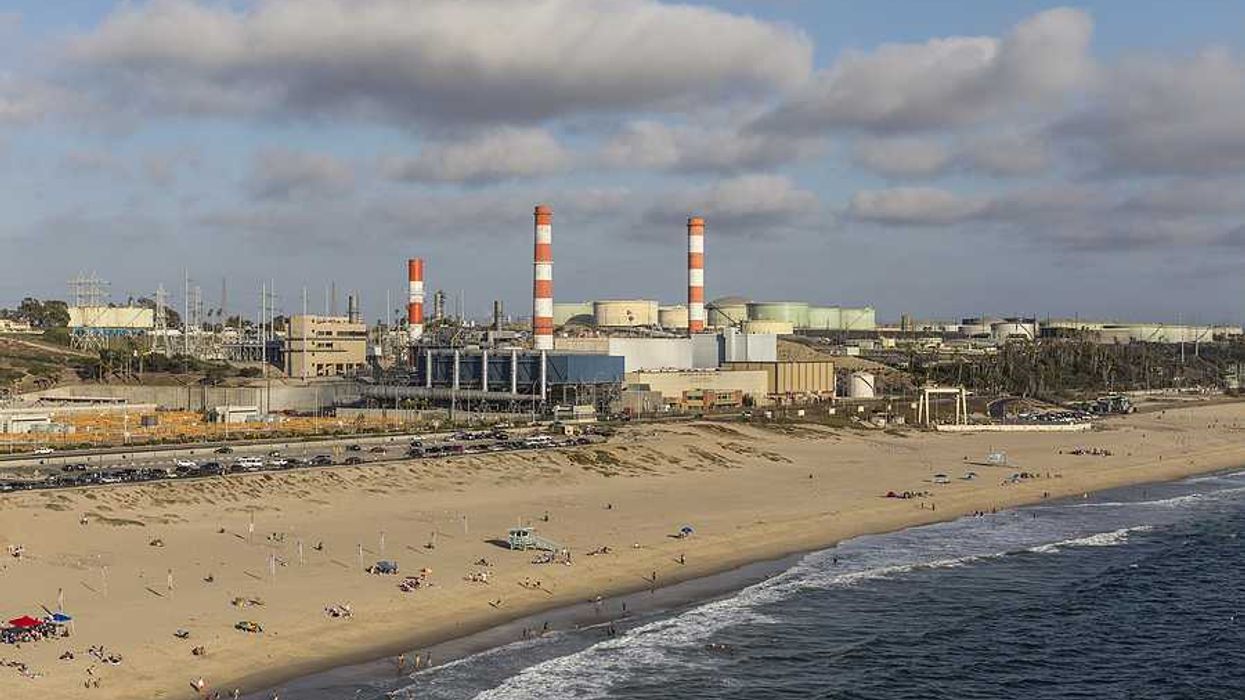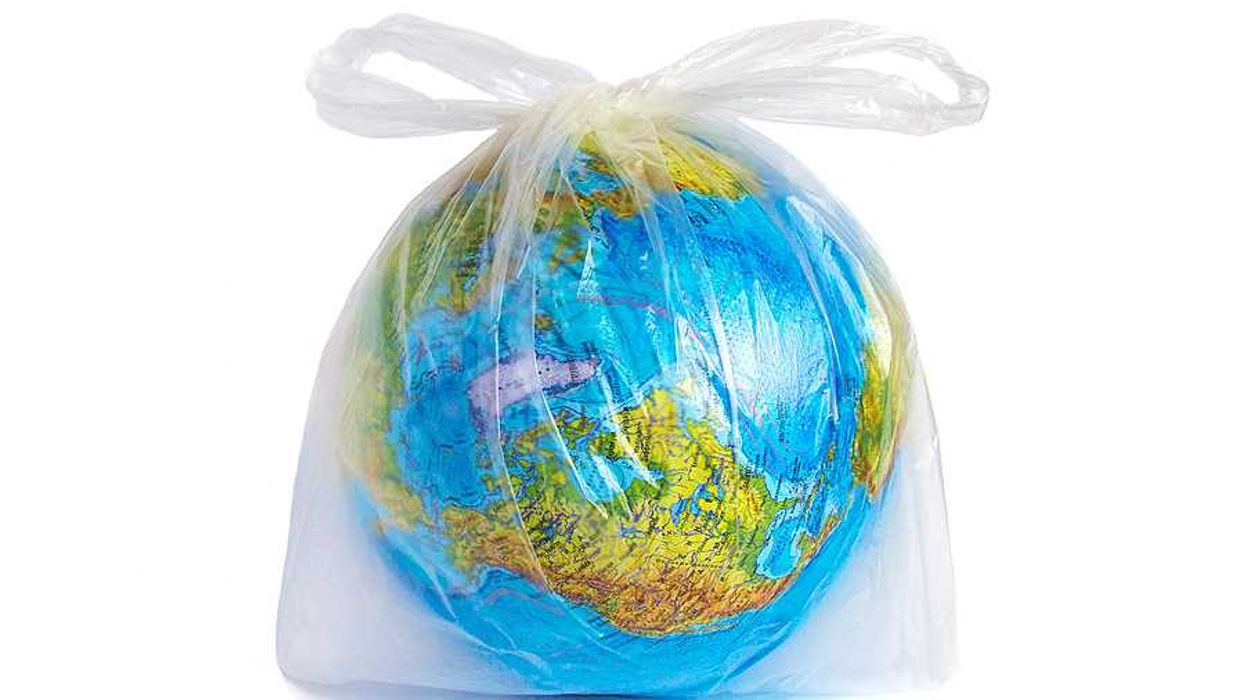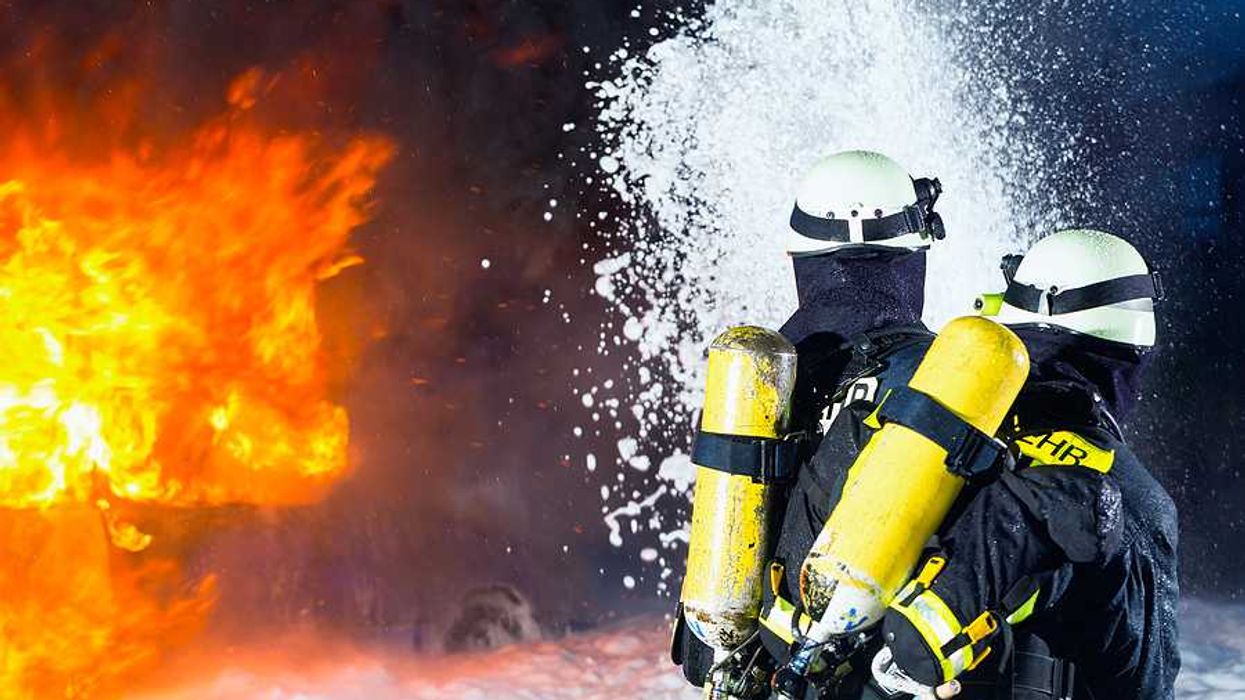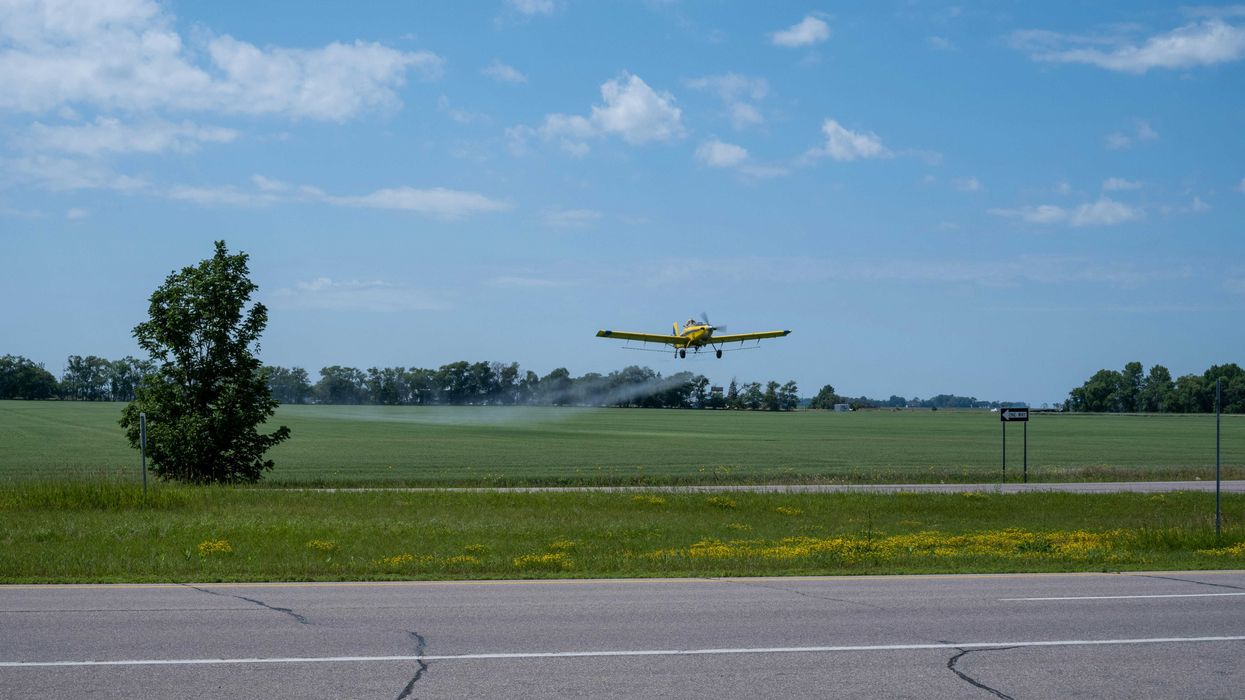A recent study highlights a pressing health concern as it discovers elevated blood lead levels in young Chicago residents due to lead-pipe contamination.
Erin McCormick reports for The Guardian.
In short:
- Research shows that nearly 130,000 Chicago children are affected by lead-contaminated drinking water, with Black and Latino communities most at risk.
- Public health experts urge testing and caution, noting that even low levels of lead can seriously harm child development and health.
- The city plans to remove lead service lines over 40 years, but advocates and scientists argue for more immediate actions to protect public health.
Key quote:
"These findings indicate that childhood lead exposure is widespread in Chicago, and racial inequities are present in both testing rates and exposure levels."
— study from the Johns Hopkins Bloomberg School of Health
Why this matters:
Children are especially susceptible to the harmful effects of lead. Even low levels of lead exposure can impair cognitive development, reduce IQ, and result in behavioral issues. The impact is most severe in young children and infants, whose brains are still developing. For pregnant women, lead exposure can affect fetal development and result in premature birth or low birth weight.
Other considerations: In a federal push for lead line replacement, regrettable substitutions like PVC piping must be avoided, say health experts.



